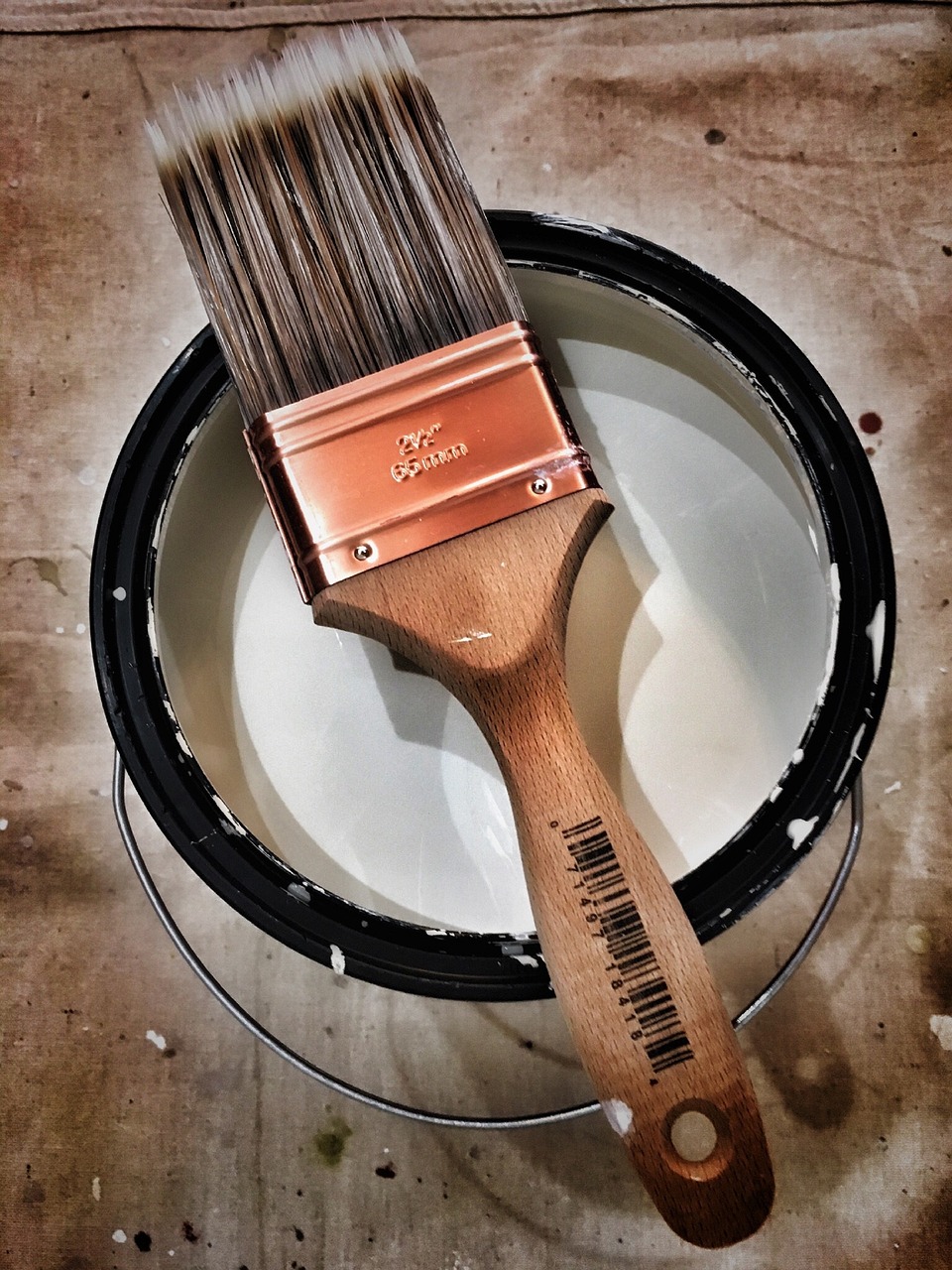




Tenants May Claim For Lead Poisoning
When Can You Claim Compensation?
Tenants may claim for lead poisoning if they or a loved one become sick and if this occurs due to landlord negligence. Lead poisoning happens over time and is generally due to lead based paint, contaminated water pipes, or lead dust.
Tenants who are exposed to lead in rented accommodation may suffer from negative health consequences. It is considered a serious health concern, particularly if children or vulnerable adults are at risk.
If you, or a loved one, has been diagnosed with lead poisoning and believe you may have a claim, Jefferies Claims may be able to help you. We work with lawyers who operate on a ‘No Win, No Fee’ basis.
What is Lead Poisoning?
Lead poisoning occurs when lead accumulates in the body over time. This usually happens through ingestion or inhalation. Symptoms include developmental delays in children, cognitive impairments, kidney damage, and high blood pressure. Additionally, long-term exposure may be life-threatening.
How Can Tenants Be Exposed to Lead?
Tenants may be exposed to lead in rented accommodation through:
- Lead-Based Paint: Properties built before 1992 may have lead-based paint, which, when deteriorating, can release toxic lead dust.
- Lead Pipes and Plumbing: Older properties may still have lead pipes, leading to water contamination.
- Soil Contamination: Lead-contaminated soil around older homes can contribute to exposure, especially for children.
- Household Dust: Lead particles from paint or pipes can accumulate in dust, posing a continuous risk.
When is Lead Poisoning Considered a Tenant Injury?
Lead poisoning is classified as a tenant injury when it occurs due to a landlord’s failure to address known hazards. To establish liability, tenants must prove:
- The presence of lead in the rental property.
- The landlord’s knowledge or negligence in failing to remediate the hazard.
- The direct impact of lead exposure on the tenant’s health.
What is Landlord’s Negligence?
Landlord’s negligence occurs when a landlord fails to take reasonable steps to ensure the safety and habitability of a rental property. This includes neglecting to address known lead hazards, such as deteriorating lead-based paint or contaminated water pipes, despite being aware of the risks.
Negligence can also arise if a landlord fails to carry out necessary repairs, ignores tenant complaints about potential lead exposure, or does not comply with legal obligations to maintain a safe living environment. If such negligence leads to tenant injury, including lead poisoning, the landlord may be held liable.
Can You Claim Compensation for Lead Poisoning in the UK?
Yes, tenants affected by lead poisoning can claim compensation under personal injury law. Successful claims typically depend on proving that the landlord was aware of the issue and failed to act. Compensation may cover:
- Medical expenses
- Loss of earnings
- Pain and suffering
- Home relocation costs
Steps to Take if You Suspect Lead Poisoning
If you believe your rental property has lead hazards, take the following steps:
- Seek Medical Attention: Get tested for lead poisoning and obtain medical documentation.
- Report the Issue to the Landlord: Notify your landlord in writing about suspected lead hazards.
- Request an Environmental Health Inspection: Contact your local council to conduct an inspection under the HHSRS.
- Gather Evidence: Document lead contamination through photographs, reports, and medical records.
Make a Personal Injury ‘No Win, No Fee’ Claim
Jefferies Claims can guide you through the next steps of making a claim. We work with lawyers who operate on a ‘No Win, No Fee’ basis and who are highly experienced to take your case forward. Call us at 0333 358 3034 or visit Jefferies Claims Contact Page to discuss your potential claim.
